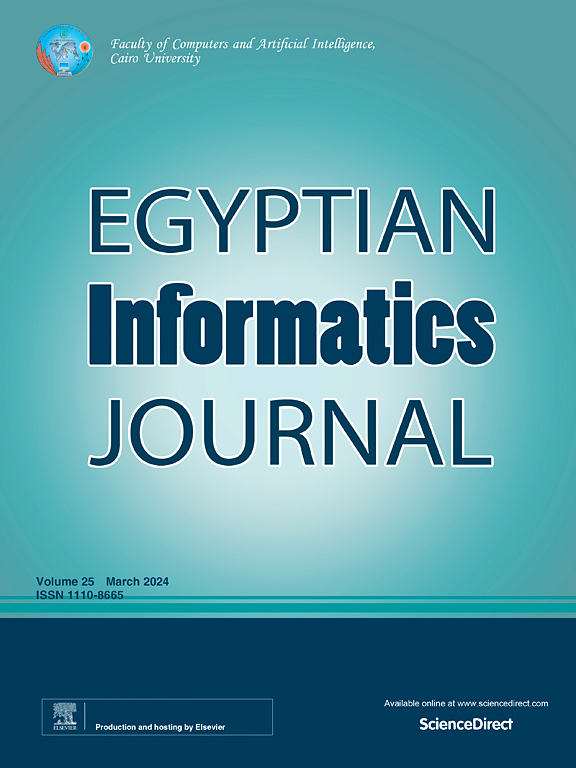Novel validity indices for dynamic clustering and an Improved Dynamic Fuzzy C-Means
IF 5
3区 计算机科学
Q1 COMPUTER SCIENCE, ARTIFICIAL INTELLIGENCE
引用次数: 0
Abstract
Dynamic clustering algorithms play a crucial role in numerous real-world applications by continuously adapting to evolving data patterns and identifying changes within the underlying cluster structure. However, unlike static clustering, where a plethora of validation indices exist to assess the solution’s quality, evaluating the effectiveness of dynamic clustering algorithms remains a challenge. This paper addresses this gap by proposing a novel set of six validation indices specifically designed for dynamic clustering. These indices assess the quality of solutions generated at three distinct granularities: individual clusters, individual observation periods, and the entire observation horizon. Our focus centers on cluster creation and elimination, recognized as the most critical structural changes within the dynamic clustering literature. To illustrate the application of these novel indices, we introduce an improved version of the dynamic fuzzy c-means algorithm (I-DFCM) which offers enhanced computational stability for handling dynamic data. We demonstrate the effectiveness of both the I-DFCM algorithm and the new validation indices through computational experiments using both synthetic and real-world datasets. The experiments showcase how these indices can effectively validate dynamic clustering solutions and guide parameter tuning for optimal performance, and support practical applications such as dynamic community detection in social networks and informed decision-making in dynamic environments. The results highlight the significant potential of these new validation indices and the I-DFCM algorithm in advancing the field of dynamic clustering.
新的动态聚类效度指标及改进的动态模糊c均值
动态聚类算法通过不断适应不断变化的数据模式和识别底层集群结构中的变化,在许多实际应用程序中发挥着至关重要的作用。然而,与静态聚类不同,在静态聚类中存在大量的验证指标来评估解决方案的质量,评估动态聚类算法的有效性仍然是一个挑战。本文通过提出一组专门为动态聚类设计的新的六个验证指标来解决这一差距。这些指数评估在三个不同粒度产生的解决方案的质量:单个集群,单个观察期和整个观察期。我们的重点集中在集群的创建和消除上,这被认为是动态集群文献中最关键的结构变化。为了说明这些新指标的应用,我们介绍了动态模糊c均值算法(I-DFCM)的改进版本,该算法为处理动态数据提供了增强的计算稳定性。我们通过使用合成数据集和真实数据集的计算实验证明了I-DFCM算法和新的验证指标的有效性。实验展示了这些指标如何有效地验证动态聚类解决方案,指导参数调整以获得最佳性能,并支持实际应用,如社交网络中的动态社区检测和动态环境中的知情决策。结果显示了这些新的验证指标和I-DFCM算法在推进动态聚类领域的巨大潜力。
本文章由计算机程序翻译,如有差异,请以英文原文为准。
求助全文
约1分钟内获得全文
求助全文
来源期刊

Egyptian Informatics Journal
Decision Sciences-Management Science and Operations Research
CiteScore
11.10
自引率
1.90%
发文量
59
审稿时长
110 days
期刊介绍:
The Egyptian Informatics Journal is published by the Faculty of Computers and Artificial Intelligence, Cairo University. This Journal provides a forum for the state-of-the-art research and development in the fields of computing, including computer sciences, information technologies, information systems, operations research and decision support. Innovative and not-previously-published work in subjects covered by the Journal is encouraged to be submitted, whether from academic, research or commercial sources.
 求助内容:
求助内容: 应助结果提醒方式:
应助结果提醒方式:


